Bloomberg, Reuters, and the New York Times contributed to this report.
A dust-up over Dutch chipmaker Nexperia is giving Europe’s auto industry flashbacks to the last semiconductor crunch. After the Dutch government seized control of the Chinese-owned firm on Sept. 30, Beijing hit back on Oct. 4 by blocking Nexperia’s China units from exporting certain components.
The result: a fresh supply scare for the simple, high-volume chips that quietly power everything from steering controls to sensors.
BMW and Volkswagen say production is still running, but both are combing through supplier networks for weak links. Bosch, a key tier-one, is in touch with Nexperia and trying to head off trouble. The EU auto lobby ACEA warned the interruption could snowball into parts shortages and assembly-line stoppages if deliveries don’t resume fast, urging governments to find an “urgent” fix.
Nexperia sits squarely in the crossfire. It’s headquartered in the Netherlands, owned by China’s Wingtech, and makes mostly mature chips — ubiquitous, not cutting-edge. Its largest fab is in Hamburg, but a big chunk of assembly and packaging happens in China, where export curbs now bite. The Dutch move followed months of US pressure tied to sanctions on Wingtech; China’s response has pulled Nexperia deeper into the broader tech and trade fight.
Automakers and suppliers built inventories after the pandemic shortage, but those buffers only last weeks. Swapping to alternate parts isn’t instant — validation can take months — so even a “basic” diode or transistor can become a single point of failure. For now, factories haven’t flinched. Without a political off-ramp, they might.
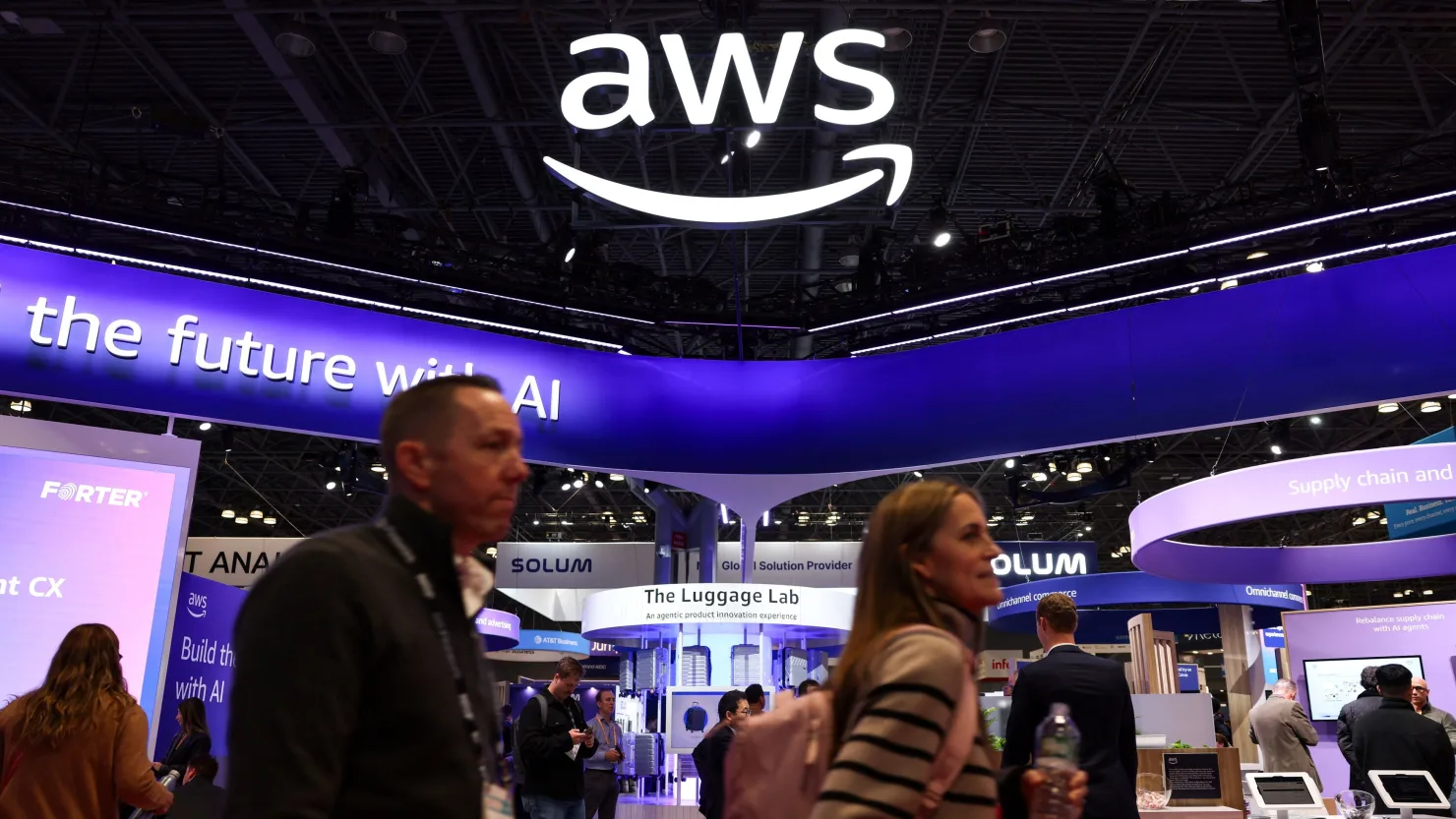
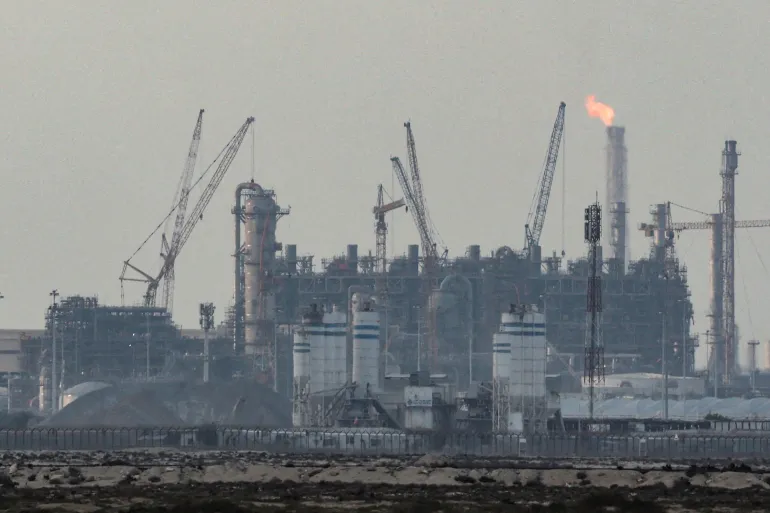
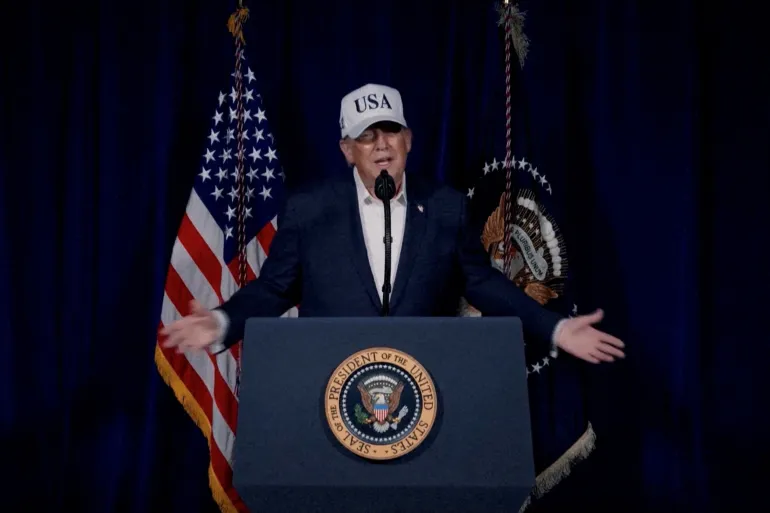
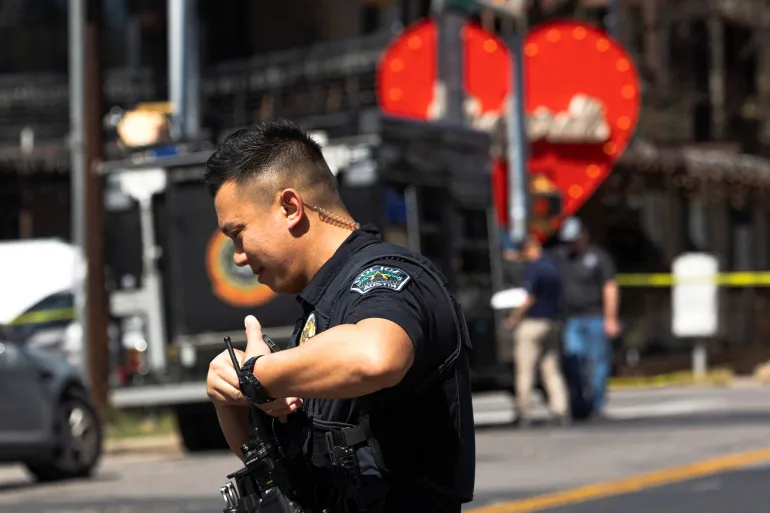
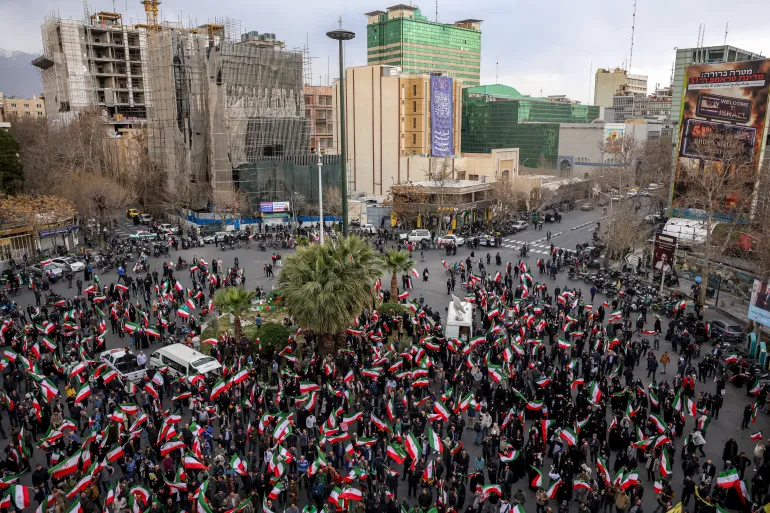
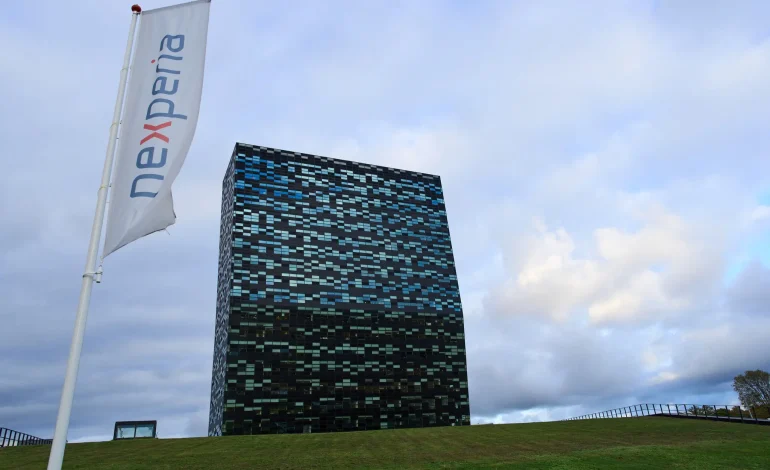




The latest news in your social feeds
Subscribe to our social media platforms to stay tuned